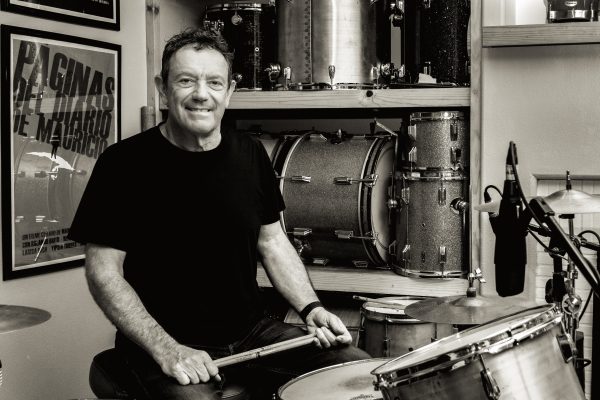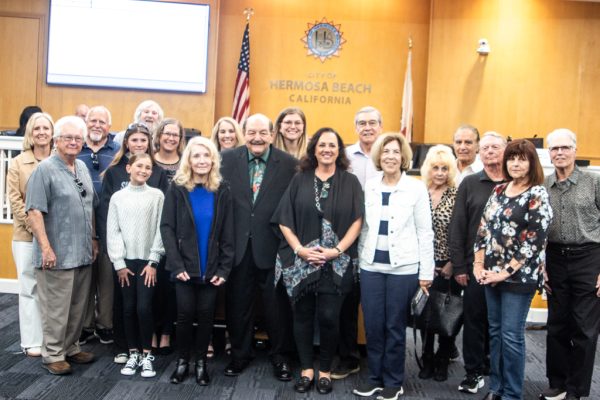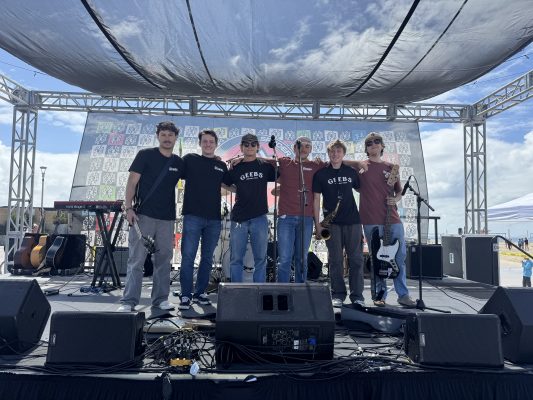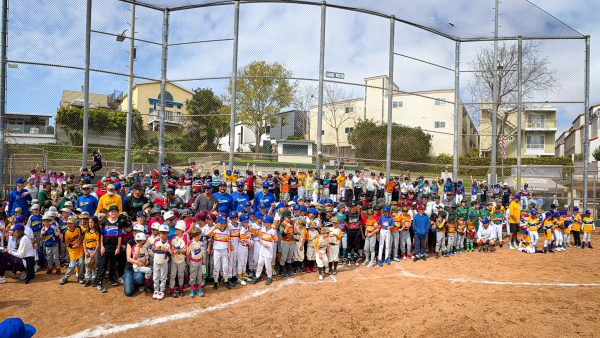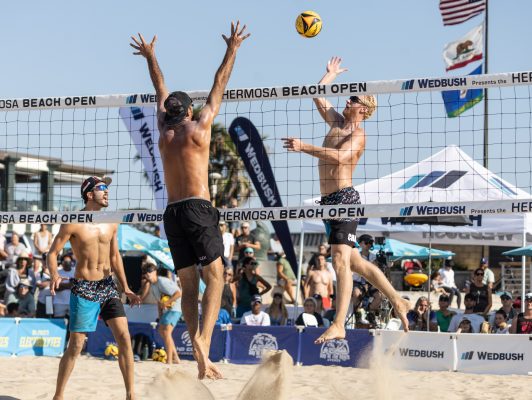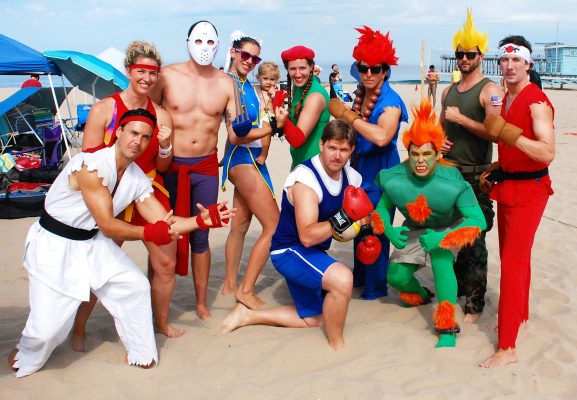
Flamenco usually flies under the U.S. musical radar — unless you’re in a tapas bar or watching something vaguely Spanish. Singer Diego El Cigala, who will give his only Southern California concert at the Redondo Beach Performing Arts Center Oct. 20, hopes to change this, even if only briefly.
“I want to move people’s emotions,” Cigala told the Easy Reader by phone from Mexico City, prior to launching his six-city, U.S. tour, his second in ten years. “Above all, I expect them to enjoy the experience.”
At 43 perhaps the most heralded flamenco singer of his generation, the two-time Latin Grammy winner has gained rock-star status in Spain and Latin America. Besides using his husky, deeply emotive voice to explore flamenco’s emotional range, the long-haired El Cigala (Norway lobster, his nickname, for his thin frame and strong voice) has wowed audiences with forays into jazz, tango, and the ballad-style bolero.
In 2003, he recorded with Cuban pianist Bebo Valdes and trumpeter Jerry Gonzalez, and most recently, collaborated with top tango musicians in Buenos Aires. His U.S. tour will promote his latest album, “Tango & Cigala,” released this month in the U.S. in DVD and CD formats.
“He’s a powerful new voice of flamenco, not heard since [legendary flamenco singer] Camaron de la Isla’s passing 20 years ago,” said music maven Tom Schnabel, a National Public Radio and KCRW producer. “And like Camaron, he is taking flamenco into new territories, mixing it with jazz and tango. I think this new U.S. tour will definitely win him more fans outside the flamenco community and outside of Spain.”
Father of two sons, the Madrid-born El Cigala began singing as a child in gitano (gypsy) gatherings and with his own father at home or in barrio taverns. His parents and grandparents all sang flamenco. “Since I can remember I’ve been singing,” he said. “I believe I was even singing in my mother’s womb.”
El Cigala’s tie-in with jazz and inventive tango riffs springs from improvisation, said jazz pianist and three-time Grammy winner Don Grusin. “It’s kind of like the blues but much more interesting and hard to expect the next thing in the piece,” explained Grusin, who teaches at the University of Colorado. “Improv and the ability to convey what they are feeling is the difference between virtuosos like Cigala and all the rest. He’s truly a phenom.”
After his Redondo Beach appearance, El Cigala and his set of musicians — including guitarist Diego del Morao — will peform in Berkeley (Oct. 23), Miami (Oct. 27), New York (Nov. 1), Ann Arbor, MI (Nov. 5), and Chicago (Nov. 6).
Compared by The New York Times to Frank Sinatra for his ability to blend “winking charm and unpredictable vitriol,” El Cigala’s concerts may not boost flamenco onto America’s long-term radar, but at least his presence should be felt throughout the southland.
“Los Angeles has a long tradition of small companies of flamenco dancers, singer and musicians,” noted Steve Loza, UCLA professor of ethnomusicology and an author of several books on Latino music. “By breaking out into blends of jazz and tango, he is sure to affect what such groups do here.”
But El Cigala must first “touch the hearts” of his listeners. “I sing of truth,” he has said, “and truth is what explodes from the heart.” ER


